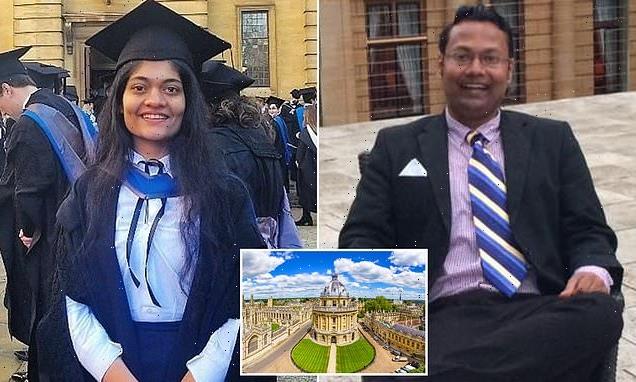The royal has been lying low since he was slammed for agreeing an undisclosed settlement with Jeffrey Epstein sex slave, Virginia Giuffre, who alleged she was trafficked to have sex with the royal.
AceShowbiz -Prince Andrew’s beloved Swiss chalet is reportedly being cleared out after it was said to have been sold to settle his civil sexual assault case out of court. In some photos that circulated online, it’s seen a large blue van from London home removal service Abels parked outside the controversial £17million holiday property in Verbier.
Abels was given a Royal Warrant by Her Majesty the Queen in 1981 and has been carrying out removal services for the royal household ever since, and been rewarded for its service. No-one at the firm commented on the images to MailOnline, but locals told the outlet the sighting was the “talk of the place.”
One unnamed resident of the area said on Thursday night, June 9, “I’ve seen some guys shifting boxes and bits of furniture and they have been there all day and they don’t look as if they have finished – it’s a huge van so I imagine they will be clearing the chalet completely.”
They added about not recently seeing Andrew and his ex-wife Sarah Ferguson, 62, at the property, “We used to see the Duke and his wife here all the time but in recent years it’s been Sarah with the children – I know they both loved the place and had many wonderful years here. Sarah was here at New Year with her family for the last time and they watched the firework display from the balcony – I really think it was with a heavy heart they sold it as Sarah used to ski here all the timewhen she was younger.”
Chalet Helora, which features an indoor pool and sauna, had been on the market for 22million Swiss Francs (£17.6million.) Shamed Andrew, 62, has been lying low since he was slammed for agreeing an undisclosed settlement with Jeffrey Epstein sex slave, Virginia Giuffre, 38. She alleged she was trafficked to have sex with the royal when she was 17 by notorious paedophile Jeffrey Epstein – found dead in his New York jail cell aged 66 in 2019 – and his convicted sex trafficking ‘madam’, British socialite Ghislaine Maxwell, 60.
Despite denying the claims and vowing to fight his case in court, the Queen’s second son agreed in February to quietly settle the lawsuit In February. It immediately raised questions over how he was going to pay for the settlement, widely reported to have been up to £12 million. Andrew is said to have have taken a loan from his older brother Prince Charles, 73, to cover most of the expenses.
It has also been reported much of the cash to pay the Prince of Wales back will come from the sale of the Duke of York’s Swiss holiday home. Pictures from inside the lodge show it has a pool and plush living areas, leading to it being hailed as one of the “best properties in Verbier”. The lodge was put up for sale last year by the Duke and it was reported in January that a buyer had been found for the seven bedroom property. Andrew had faced a £6.6 million debt to socialite friend Isabelle de Rouvre, 74, who sold the Swiss ski chalet to the Duke of York and his ex-wife Sarah Ferguson, 62, in 2014.
De Rouvre claims the Yorks were unable to meet a deadline for repayment and the pair were sued in 2020 for £6.6 million, including interest. It was reported in January the case was resolved in 2021 when the Duke was said to have paid his debt. De Rourve said at the time, “The war is finished. It is the end of the matter. I have nothing to do with it now. That’s all.” But speculation the chalet is being sold by the Duke are at odds with new reports it would be “impossible” after it was allegedly frozen as an asset by the Swiss authorities.
Sources in Verbier say the chalet has been placed “under sequestration” due to an alleged £1.6 million debt. Swiss newspaper Le Temps is claiming Andrew and Sarah Ferguson entered into a business arrangement with an unnamed couple in the resort, and the reported £1.6m debt prompted the sequestration of the property. Geneva law professor Nicolas Jeandin told Le Temps, “A sale is in principle impossible, except with the agreement of the creditor.”
Source: Read Full Article


